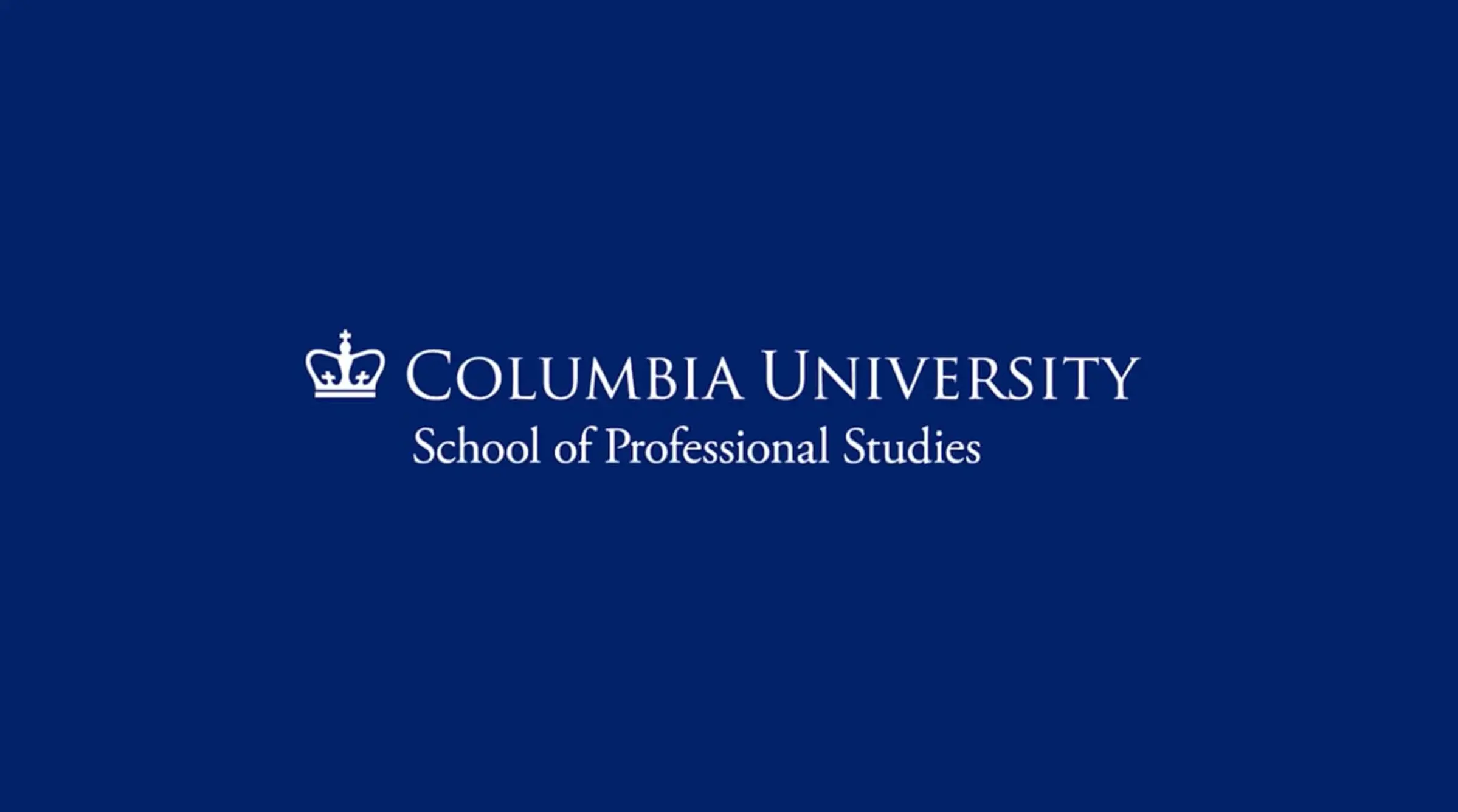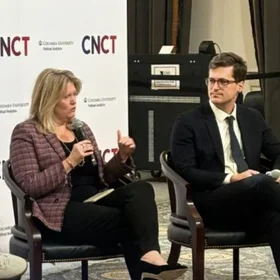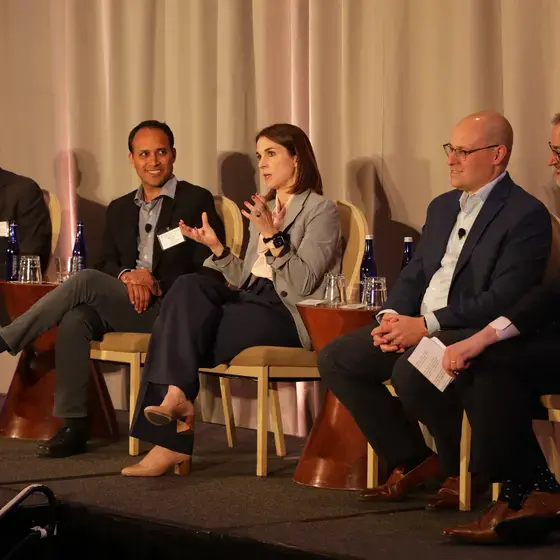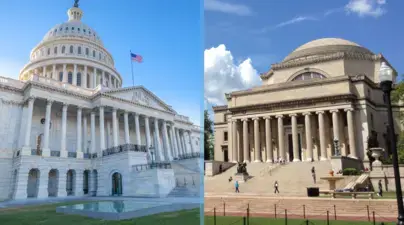
- Masterʼs Degree
Full-Time
Part-Time
- Summer term study is optional.
- The flexible curriculum allows students to tailor course selection to fit their interests.
- Evening classes are available to accommodate working professionals.
The Master of Science in Political Analytics program at Columbia University is designed to train a new generation of students for impactful careers in politics and advocacy through strong data analytics. Our program combines a focus on the substance of politics with advanced quantitative methods so students will have the data skills to drive decision-making, communicate effectively about data and politics, and be leaders among professionals. The program provides quantitative skills in an explicitly political context, which will position graduates to build their careers in this growing field and become decision-makers themselves.
Learn more about the program, including select courses and study options.
Key Highlights
| Program Option | Course Formats | Time Commitment |
|---|---|---|
| Master of Science Full‑Time | On-campus |
3 consecutive terms |
| Master of Science Part‑Time | On-campus |
6 consecutive terms |
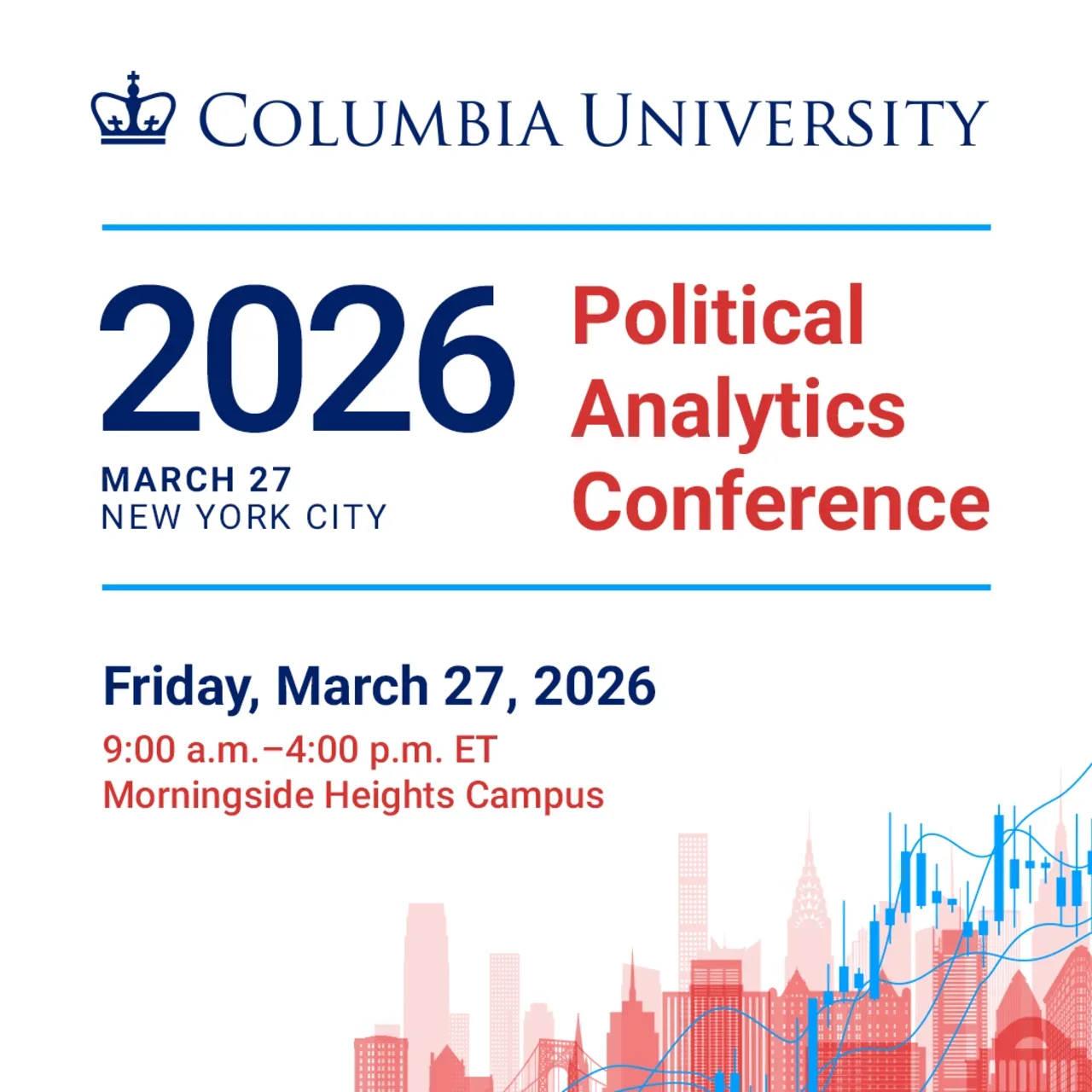
Connect with Us
Learn more about the Master of Science in Political Analytics at the Columbia University School of Professional Studies, or contact the program admissions counselor.
Request more informationStudy with Us
As admissions to our program are highly competitive, we encourage you to apply as soon as possible. Learn more about the application process, deadlines, and requirements.
Learn moreApply
We encourage you to apply as soon as possible.
Request Information
Stay in the know with updates sent straight to your inbox.


